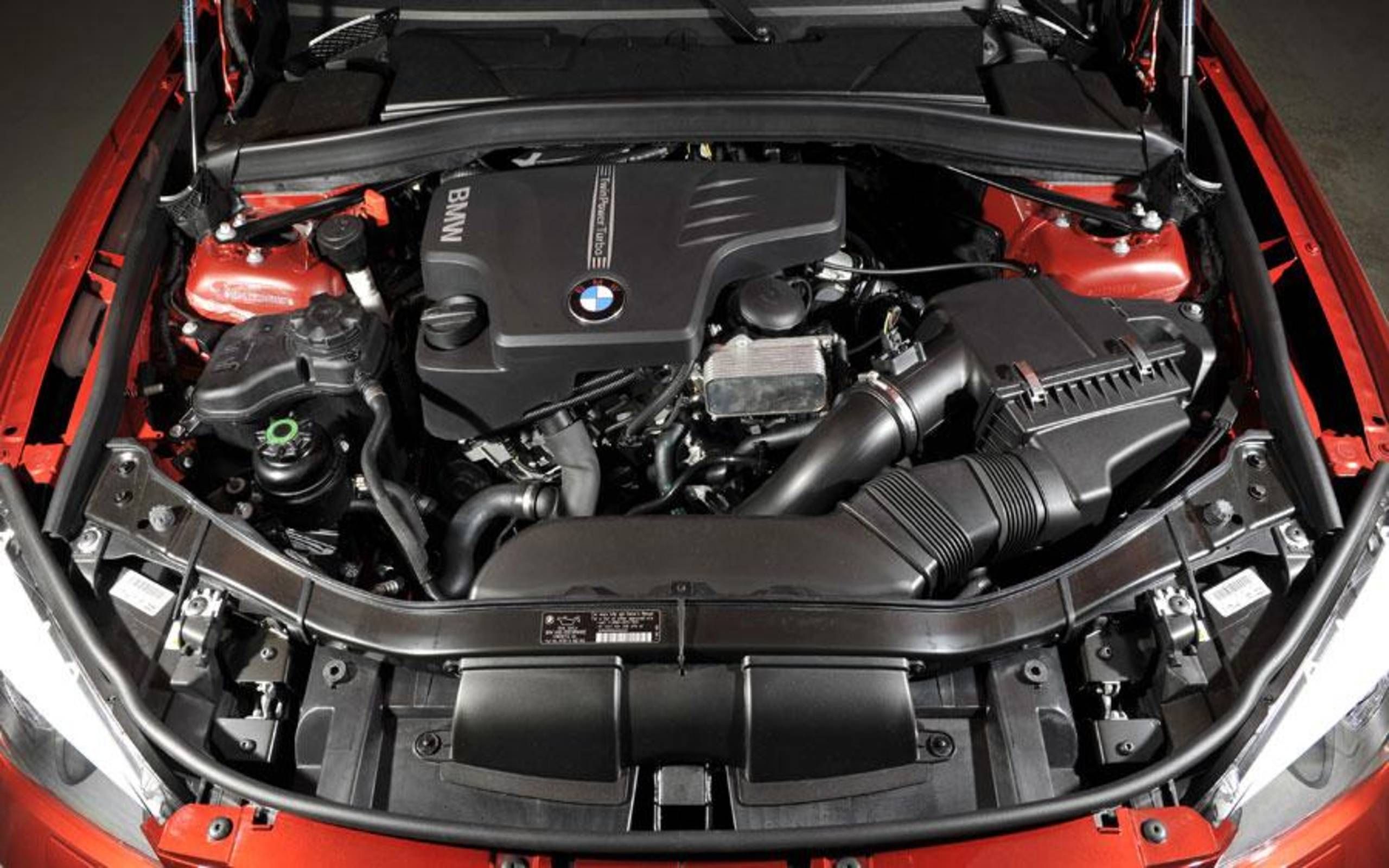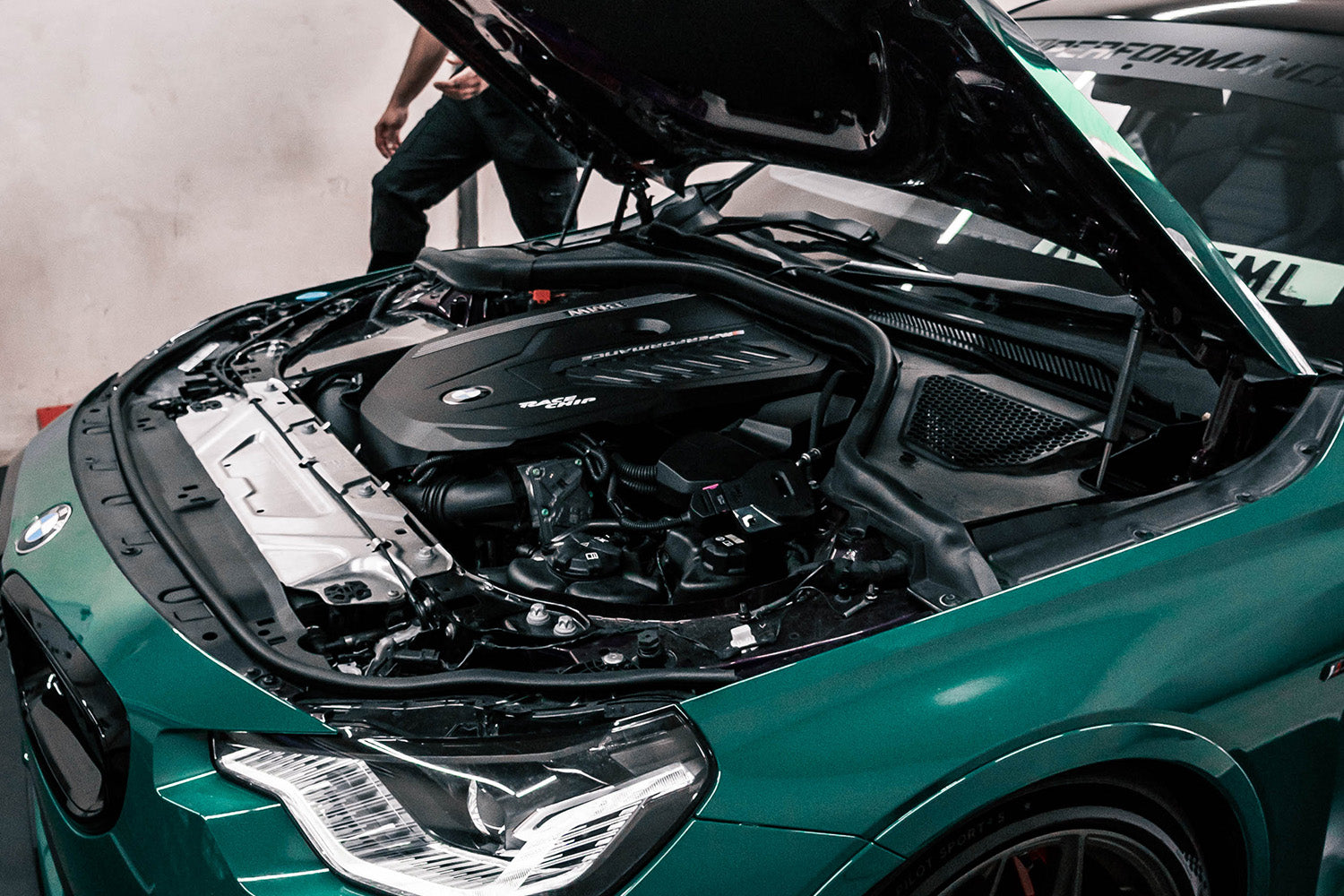Unveiling the Keys Behind the Power of the BMW Engine
Unveiling the Keys Behind the Power of the BMW Engine
Blog Article
Unveiling the Intricacies of Next-Generation Power Units: a Deep Study Advanced Engine Styles and Advancements
In the realm of automobile engineering, the ruthless quest of efficiency, effectiveness, and sustainability has propelled the evolution of power devices to unprecedented heights. As we base on the precipice of a new period in transport, the ins and outs of next-generation engine styles beckon us to explore the sophisticated modern technologies and advancements that promise to redefine the driving experience. From advanced materials that push the boundaries of sturdiness and weight reduction to sophisticated turbocharging and supercharging systems that boost power outcome to new degrees, each component of these power devices holds a vital to unlocking the future of automotive design. Delving much deeper right into the worlds of emission control, smart engine administration systems, and the perspective of power system advancement, we locate ourselves on the cusp of an improvement that promises to improve the landscape of movement as we understand it.
Development of Engine Materials

The shift towards progressed engine materials has actually also enabled designers to develop engines with higher power results while maintaining gas effectiveness standards. The use of lightweight products minimizes the overall weight of the engine, leading to boosted gas economic situation and reduced discharges. In addition, developments in products technology have enabled better thermal monitoring within engines, leading to boosted reliability and longevity.
Turbocharging and Supercharging Technologies
Just How do Turbocharging and Supercharging Technologies transform engine efficiency and efficiency in contemporary vehicles? Supercharging and turbocharging are technologies that considerably boost engine performance by increasing the quantity of air intake right into the burning chamber. Turbocharging attains this by utilizing a generator driven by exhaust gases to pressurize the consumption air, while supercharging makes use of a belt- or chain-driven compressor to accomplish the same result.
These modern technologies make it possible for smaller sized, much more fuel-efficient engines to create power comparable to bigger ones, called downsizing. Forcibly more air into the cylinders, turbocharging and turbo charging enhance burning efficiency, causing raised horsepower and torque outcome without a considerable rise in engine size. This results in much better velocity, lugging ability, and overall driving performance.
In addition, turbocharging and supercharging add to boosted gas performance by allowing the usage of smaller sized engines that consume less fuel under regular driving conditions - bmw engine. This combination of improved efficiency and effectiveness has made turbocharging and turbo charging indispensable elements of lots of modern engine layouts
Exhaust Control and Environmental Effect
With increasing international issues relating to air high quality and ecological sustainability, the implementation of exhaust control innovations in automobiles plays an important role in minimizing unsafe toxins released right into the ambience. Modern cars are equipped with innovative exhaust control systems that help decrease the environmental influence of automobile procedures. Catalytic converters, for circumstances, are developed to convert harmful gases such as carbon monoxide gas, nitrogen oxides, and hydrocarbons into much less harmful substances like co2 and water vapor.
In addition, improvements in engine innovation, such as the assimilation of exhaust gas recirculation systems and discerning catalytic reduction, have actually substantially contributed to lowering exhausts. These technologies work in tandem to optimize combustion performance and lessen the launch of harmful pollutants into the air. Furthermore, the growth of hybrid and electric vehicles represents an essential step towards lowering the total environmental footprint of the transportation sector.
Intelligent Engine Management Solution

Moreover, these systems allow lorries to meet strict exhausts requirements without jeopardizing performance, giving an extra eco-friendly driving experience. The assimilation of artificial knowledge and maker understanding capabilities in engine administration systems remains to push the borders of what is feasible, leading to more improvements in efficiency, reliability, and overall automobile performance. bmw engine. As auto modern technology breakthroughs, his response intelligent engine administration systems will play a critical duty fit the future of transportation towards a more lasting and effective direction
Future Trends in Power Unit Development
As smart engine management systems pave the means for enhanced control and optimization in modern vehicles, future trends in power system growth are poised to redefine the landscape of automobile propulsion innovations. These alternative power resources offer enhanced efficiency and efficiency while aligning with strict environmental regulations.
An additional significant trend is the combination of sophisticated products and manufacturing methods. Light-weight materials such as carbon fiber and light weight aluminum are being used to reduce overall vehicle weight, boosting gas performance and efficiency. Furthermore, innovations in 3D printing and additive production are enabling the production of complicated engine components with greater accuracy and longevity.
In addition, expert system and device learning are playing a vital role in maximizing power device efficiency. These innovations enable real-time tracking and adaptive control, bring about much more dependable and efficient power shipment. On the whole, future trends in power unit advancement are geared in the direction of sustainability, performance, and effectiveness, driving the automobile sector in the direction of a brand-new period of propulsion technologies.

Verdict
In verdict, the innovations in engine materials, turbocharging, emission control, and intelligent monitoring systems have actually paved the method for next-generation power systems. The detailed styles and advancements in modern engines showcase the continuous evolution of vehicle technology.
Discovering the modern improvements in engine products has been crucial in improving the performance and performance of contemporary engines. Over the years, the development of engine materials has actually played an essential role in pushing the boundaries of what engines news can achieve.The change in the direction of progressed engine materials has actually also enabled designers to develop engines with greater power outputs while maintaining gas performance criteria.The application of smart engine management systems in modern lorries has changed the method engines are managed and optimized for performance and effectiveness. By collecting data in real-time and evaluating it with sophisticated formulas, intelligent engine monitoring systems can adapt to driving styles, ecological aspects, and engine health and wellness to optimize power result while decreasing fuel intake and discharges.
Report this page